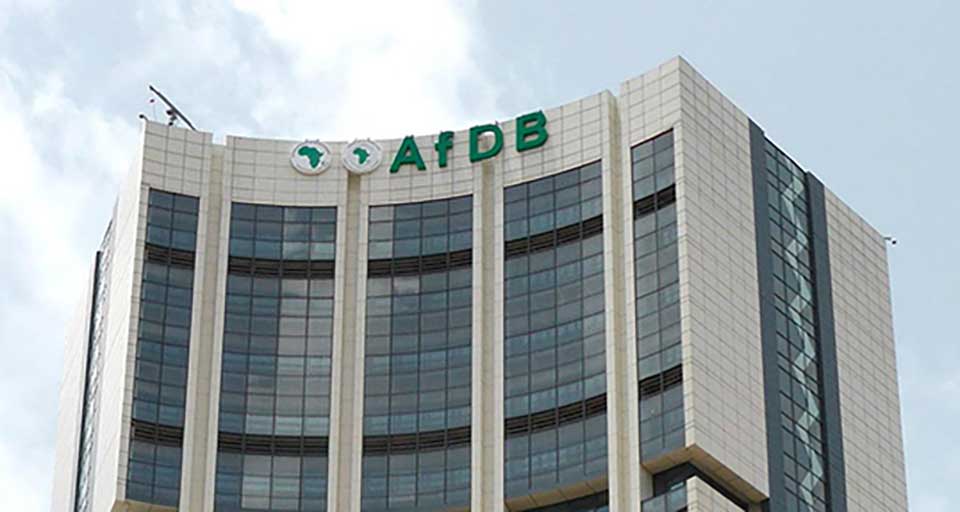The African Development Bank (AfDB) is preparing to elect a new president. This decision will influence the continent’s economic future, determining how billions of dollars in development funds are managed. The election comes at a crucial time as Africa faces growing debt, limited access to financing, and urgent climate challenges.
A Key Institution in Africa’s Growth
Since its founding in 1964, the AfDB has been a major force in Africa’s economic development. It funds key projects in infrastructure, energy, and industry, helping countries reduce poverty and drive growth. Headquartered in Abidjan, Côte d’Ivoire, the bank provides loans and grants to support development across the continent.
Unlike many regional institutions, the AfDB has global influence. It has 81 member countries, including the United States, China, and France, which contribute to its capital and shape its policies. The new president will decide how the bank handles Africa’s debt crisis, climate finance, and private-sector investment.
The Candidates: Five Leaders, One Goal
Five candidates are competing for the top position. Each has a unique plan to address Africa’s economic challenges.
- Amadou Hott (Senegal): A former AfDB Vice President and ex-Minister of Economy, Hott calls for faster and bolder action to boost Africa’s economy. He argues that high borrowing costs are slowing development and suggests using the bank’s capital to secure lower-cost financing. He also emphasizes domestic resource mobilization, pointing out that Africa loses $90 billion annually to illicit financial flows.
- Samuel Munzele Maimbo (Zambia): A former World Bank Vice President, Maimbo specializes in financial sector development. He focuses on strategies to improve access to finance and attract investment.
- Sidi Ould Tah (Mauritania): As head of the Arab Bank for Economic Development in Africa (BADEA), Ould Tah has experience in regional finance and investment. His expertise includes mobilizing capital for large-scale projects.
- Abbas Mahamat Tolli (Chad): A former Governor of the Bank of Central African States, Tolli is known for his work in currency stability and financial regulation. His policies have focused on strengthening financial institutions and managing inflation.
- Bajabulile Swazi Tshabalala (South Africa): The only female candidate, Tshabalala is a former AfDB Senior Vice President and Chief Finance Officer (CFO). She is viewed as a continuity candidate, expected to maintain the bank’s current policies. Key Challenges for the Next AfDB Leader
The next AfDB president will face several pressing issues.
First, Africa’s debt crisis is a growing concern. Many countries struggle with unsustainable debt, making it harder to fund essential services. The new president must find innovative solutions to ease this burden and support financial stability.
Climate financing is another critical issue. Africa contributes only 4% of global carbon emissions but receives just 3% of climate funding. Increased investment in renewable energy and green infrastructure is essential to protect the continent from climate risks.
The private sector also plays a key role in economic growth. The AfDB has encouraged private investment in infrastructure, fintech, and agriculture. Expanding these opportunities will create jobs and boost economic stability.
A High-Stakes Election
The AfDB Board of Governors will elect the new president. This group includes finance ministers and central bank chiefs from 54 African nations and 27 non-African member states. To win, a candidate must secure a majority of votes from both groups.
With Africa’s economy expected to grow 4% in 2025, this election is critical. It will determine how the AfDB adapts to global economic shifts, strengthens Africa’s financial independence, and mobilizes investment for future development.
Dr. Akinwumi Adesina, the current AfDB president, will complete his term in August. His successor will shape the bank’s policies for years to come, influencing Africa’s position in the global financial system.


